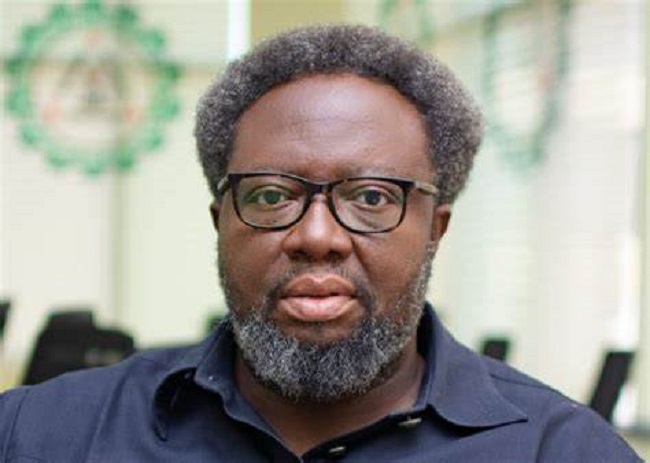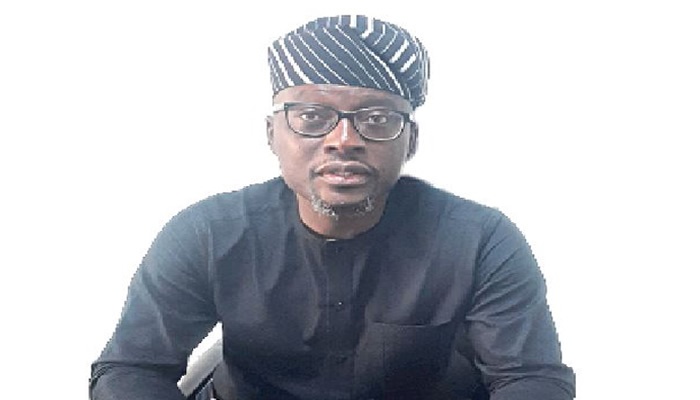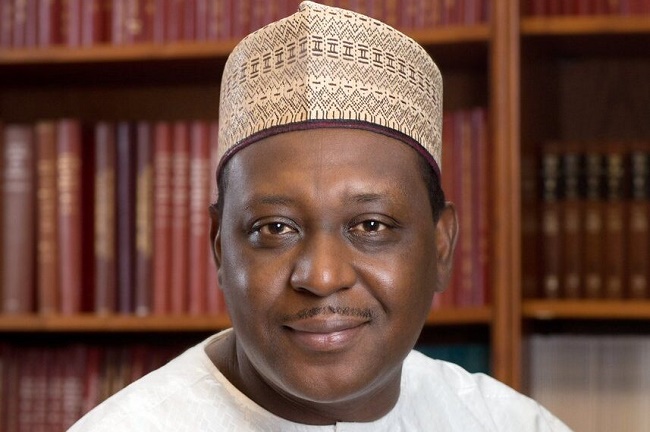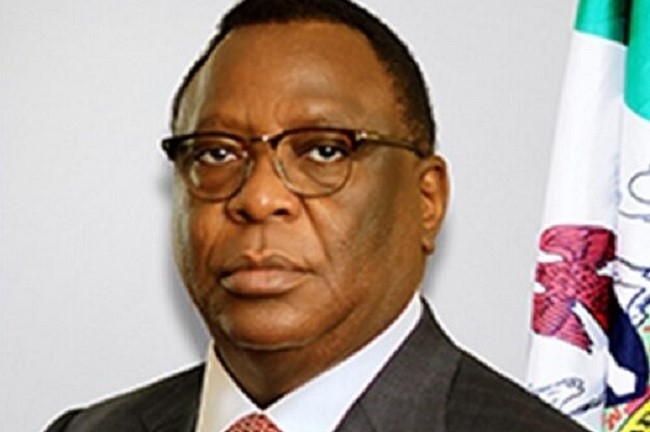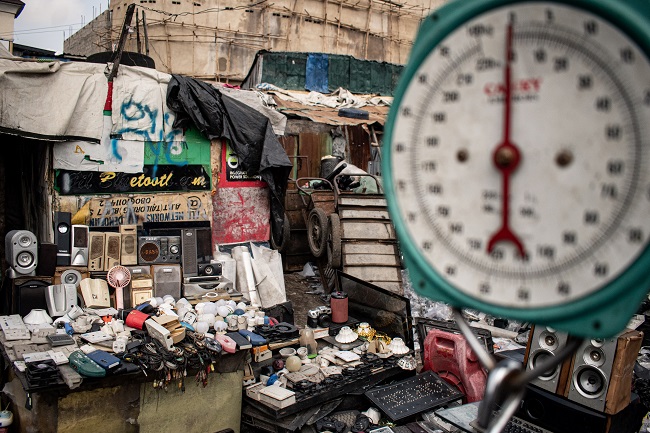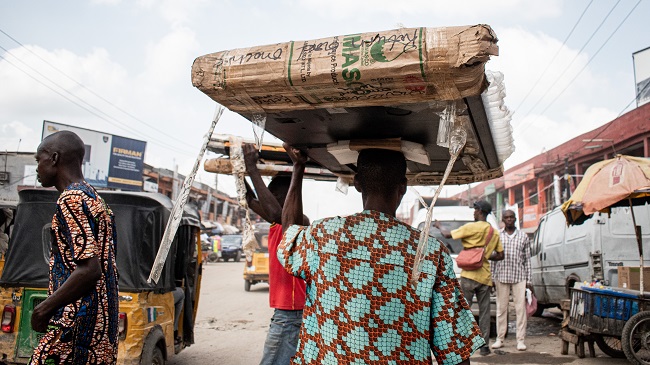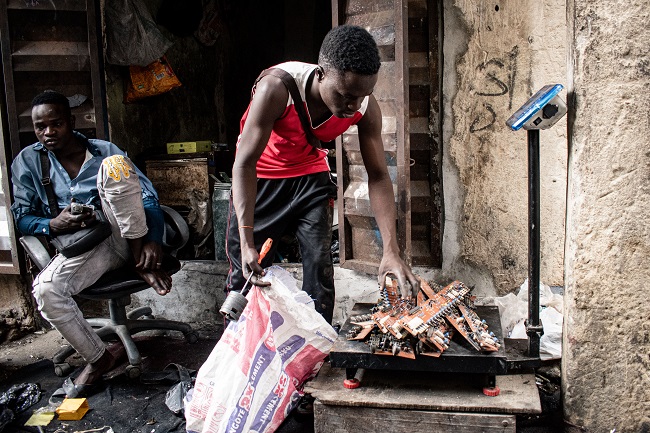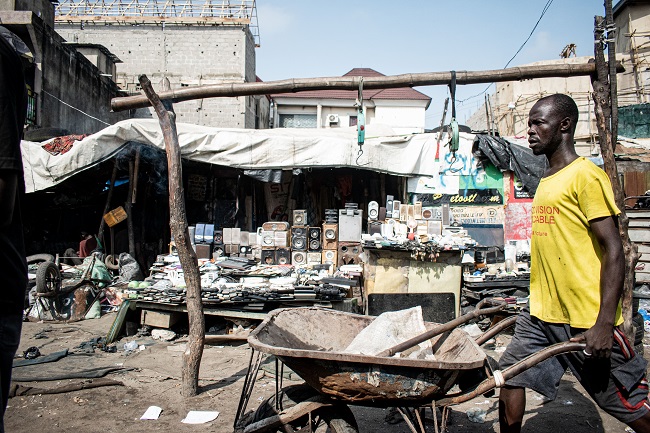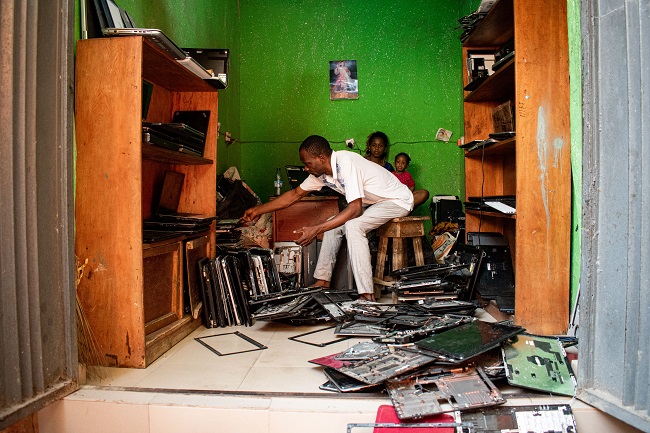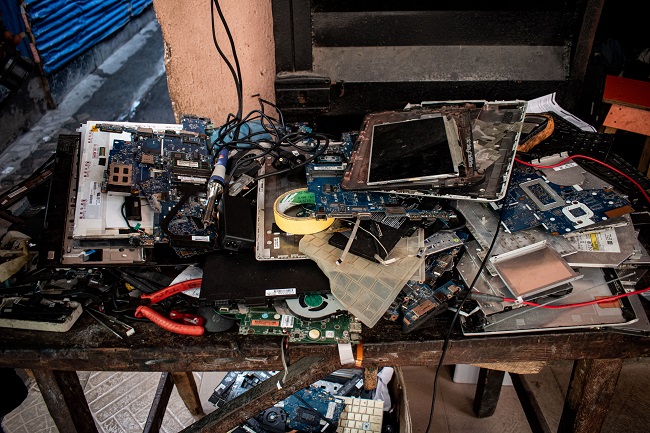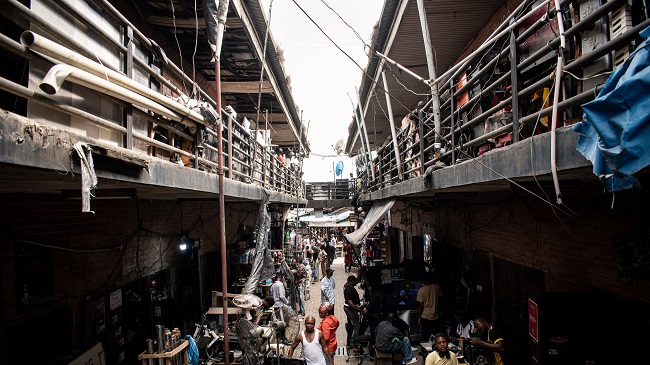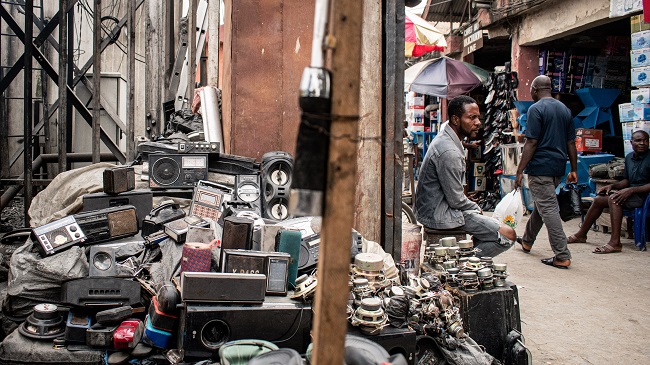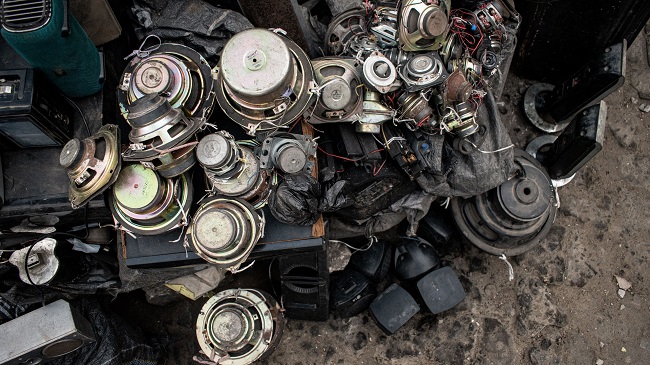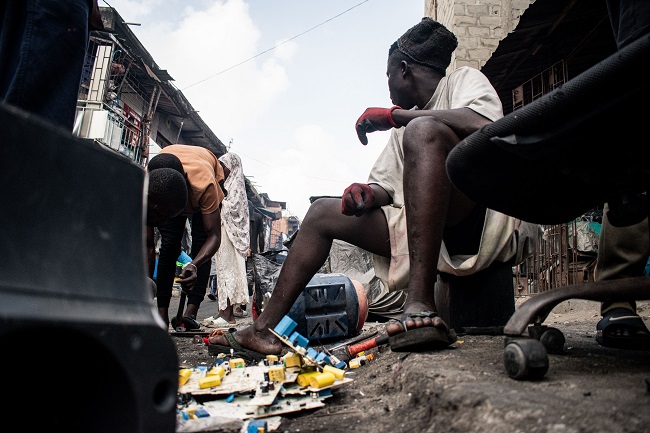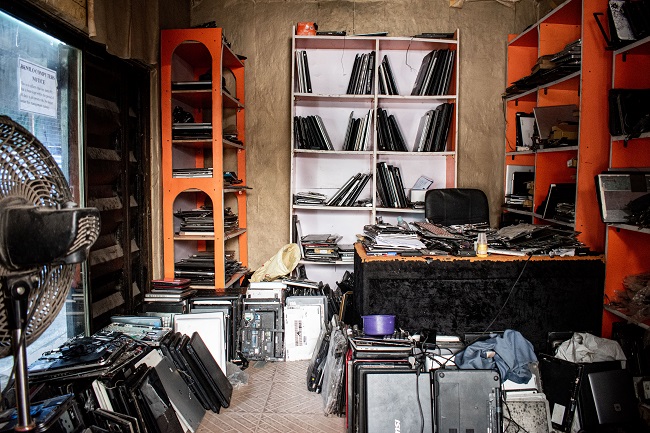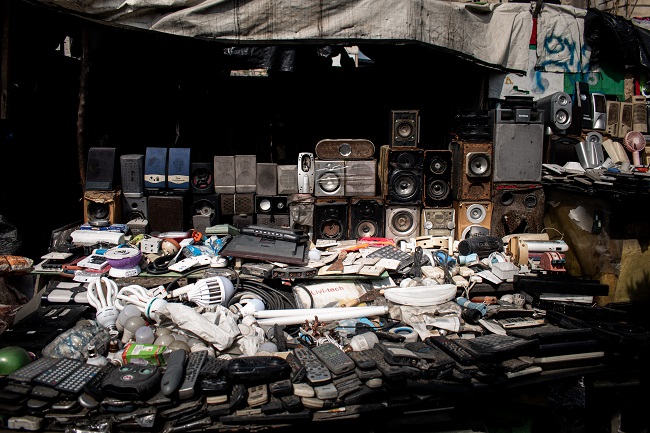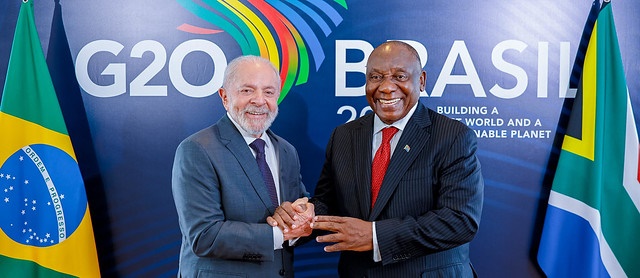“No industry can grow, industrialise or be competitive in the dark,” Dr Akinwumi Adesina, President and Chairman of the Board of Directors, African Development Bank (AfDB) Group, once declared at the Noor solar power point in Quarzazate, Southern Morocco.
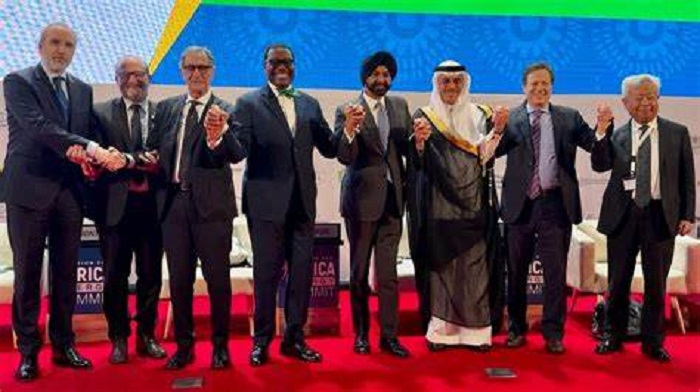
This, therefore, explains the essence of the recent African Energy Summit: “Mission 300”, in Dar es Salaam, Tanzania, from Jan. 27 to Jan. 28, a collaboration between the African Development Bank and the World Bank Group, alongside other development partners to expand Africa’s energy access
The initiative is a bold step toward providing electricity to 300 million Africans by 2030, positioning energy access as the cornerstone of economic growth, job creation, and poverty alleviation.
Bringing together influential stakeholders such as global leaders, development banks, and private sector representatives came together to chart Africa’s energy future.
A central theme of the summit was the urgent need to transition toward renewable energy as Africa is endowed with vast renewable energy resources, solar, wind, and hydropower, which remain largely untapped.
At the end of the summit, some key contributions and recommendations were incorporated into the “Dar es Salaam Declaration”, a landmark achievement, shaping Africa’s energy future.
The declaration emphasises the necessity of scaling up investments in clean energy projects, particularly in rural and off-grid areas, to bridge the continent’s energy access gap.
Stakeholders at the summit stressed the importance of innovative financing mechanisms to fund Africa’s energy transition.
They recommended strengthening public-private partnerships (PPPs) to attract private sector investment, expanding the use of green bonds to finance renewable energy projects and increasing concessional financing from global institutions like the World Bank and the African Development Bank.
The summit underscored the need for harmonised policies to facilitate cross-border energy trade. Successful examples, such as Ethiopia’s renewable energy exports to neighbouring countries, were highlighted as models for enhancing energy security.
The declaration calls for the expansion of regional power pools to ensure efficient energy distribution and affordability as well as acknowledging the transformative role of digitalisation in the energy sector.
The President of Nigeria, Bola Tinubu, represented by the Minister of Power, Mr Adebayo Adelabu, urged African leaders to prioritise energy access, stressing the importance of collaborative efforts.
He stated, “Let us work together to create a brighter future for our citizens, where every African can access reliable and affordable energy.
“A future where our industries thrive, our economies grow, and our people prosper.”
The President reaffirmed Nigeria’s dedication to providing reliable, affordable, and sustainable electricity to its unelectrified population by 2030, saying, “This is an ambitious goal, but we can achieve it together.
“As Nigeria’s President, I am committed to making energy access a top priority.”
His counterpart, Tanzania’s president, Samia Suluhu Hassan, said, “As leaders, we will be able to deliver on our promise to our citizens to provide power and clean cooking solutions that will transform lives and economies.
“Mission 300 is expected to boost the provision of clean cooking energy to homes, cutting reliance on wood and charcoal which are harmful.
The Minister of Finance and Co-ordinating Minister of the Economy, Mr Wale Edun, during the signing of a partnership agreement between the IFC and Distributing Renewable Energy (DRE) companies, emphasised the significance of the initiative in addressing energy poverty on the continent.
He said, “This is one of the first tangible actions we can point to at this summit, which will culminate in the Dar es Salaam Declaration.
“Today’s agreement will bring electricity access to 400,000 people, and we all know how transformative that is.
“I encourage us to keep up this momentum of doing rather than merely saying.”
Meanwhile, Adesina, emphasised the need for decisive action to accelerate electrification across the continent.
“Critical reforms will be needed to expand the share of renewables, improve utility performance utilities, ensure transparency in licensing and power purchase agreements, and establish predictable tariff regimes that reflect production costs.
“Our collective effort to support you, heads of state and government, in developing and implementing clear, country-led national energy compacts to deliver on your visions for electricity in your respective countries,” he said.
Kevin Kariuki, Vice President for Power, Energy, Climate, and Green Growth, AfDB, said, “energy is the engine of development, without affordable, reliable, and sustainable electricity, Africa cannot achieve its developmental aspirations or secure its rightful place in the global economy.
“Energy access is the cornerstone of economic transformation, opening doors to education, healthcare, and income generation.
“Moreover, it fosters gender equality by reducing the time women spend on labour and time-intensive tasks such as cooking with traditional fuels or collecting for firewood.
“Mission 300’s success is therefore not just about electrification; it is about saving and empowering lives as well as communities. It is also about reducing greenhouse gas emissions and safeguarding biodiversity,” he added.
Mr. Ajay Banga, President of the World Bank, stressed the importance of collaboration to achieve the summit’s ambitious goals.
He said, “Access to electricity is a fundamental human right. Without it, countries and people cannot thrive.
“Our mission to provide electricity to half of the 600 million people in Africa without access is a critical first step. To succeed, we must embrace a simple truth: no one can do it alone.
“Governments, businesses, philanthropies, and development banks each have a role, and only through collaboration can we achieve our goal.”
During the summit, partners announced a series of commitments: AfDB and the World Bank Group plan to allocate $48 billion in financing for Mission 300 through 2030, which may evolve to fit implementation needs.
Also, Agence Francaise de Development (AFD): one billion pounds to support energy access in Africa while Asian Infrastructure Investment Bank (AIIB) promised one billion dollard to 1.5 billion dollars to support Mission 300, Islamic Development Bank (IsDB) Group: 2.65 billion dollars in support of Mission 300 and energy access in Africa from 2025-2030.
OPEC Fund made an initial commitment of one billion dollars in support of Mission 300 with additional financing to follow.
Similarly, World Bank and AfDB launched Zafiri, an investment company that supports private sector-led solutions, such as renewable mini-grids and solar home systems.
Zafiri anchor partners will invest up to 300 million dollars in the first phase and mobilise up to one billion to address the persistent equity gap in Africa in these markets.
Also, experts at the summit, advocated the adoption of smart grids and decentralised energy systems to improve efficiency, reduce energy losses, and integrate renewable energy sources more effectively.
An energy expert, Ms Chantel Abdul, Chief Executive Officer of Virtuition Solaris, highlighted her organisation’s efforts to drive energy access in underserved communities.
She lauded the collaborative efforts of development partners in supporting the Distributed Energy Solutions (DES) programme, which aims to provide off-grid electricity to those who need it most.
“This is evidence of our development partners’ commitment to the M-300 agenda, as outlined by the Minister of Finance. Connecting 300 million Africans, including Nigerians, to electricity is a passion that Solaris shares deeply,” she said.
Governance challenges, including regulatory inefficiencies and corruption, were identified as major barriers to energy progress.
The declaration calls for greater transparency and accountability in energy investments, stronger regulatory frameworks to attract investors, community engagement to ensure energy policies align with local needs.
By Olawunmi Ashafa -News Agency of Nigeria (NAN)


